All children should have their first eye test by an optometrist by the age of 3, and reviewed at least every year as they grow up.Good vision is vital for a child's growth and development, as most of what a young child learns about the world comes from their eyesight. Poor eyesight in kids, which they often are not aware of and do not complain about, can lead to behavioural issues, delayed social development and learning difficulties. While young children will have an eyesight screening test by the Maturnal & Child Health Service, these are typically very basic tests that may not reliably detect all vision issues. It is recommended that all children by the age of 3 have a comprehensive, professional vision and eye health assessment by a children's optometrist. HOW WE TEST YOUNGER KIDS' EYES At Eyecare Concepts, our paediatric optometrist routinely tests children as young as 2, and sometimes even younger. Children's eye tests are different from adults' eye tests, requiring a different set of skills and equipment. We tailor the eye test to your child's age, maturity level and responses. Many tests are objective, meaning we can obtain reliable results without necessarily needing a response from your child. Our kids-friendly clinic is equipped to test younger children's eyes more thoroughly than most general retail optometrists. We schedule 40 minutes for a children's vision assessment to allow ample time for children to settle and feel comfortable in our spacious consulting room. As it may be their first eye test, some children can be understandably a little nervous and anxious in new surroundings. Our aim is to make their eye test a fun and enjoyable experience, and as always, to provide the best eye care. In a typical eye test for a preschool child, we check their eyesight with our children's eye test chart (picture matching), measure any potential focusing issues with a special light or a computerised vision tester, check eye movements, look for signs of a turned eye or lazy eye, check stereo acuity (ability to see 3D), colour vision, and the health of the front and back of their eyes. Eye drops are sometimes required to allow us to check the child's vision status and eye health in more detail. KIDS' VISION PROBLEMS Young children can have myopia (short-sightedness), hyperopia (long-sightedness) and astigmatism (irregularly shaped eye) just like adults can. Many eye problems actually run in families, so if you have an eye condition there's a good chance that your child may also have it, or may develop it. It is of even greater importance that vision problems are detected early in children, as delayed treatment can potentially affect their vision for life. By having their first eye test before the age of 3, we have a baseline to compare and monitor any vision changes as they grow up. It also allows for us to predict when your child may begin to have eyesight problems and to make recommendations to help prevent or delay the onset of these problems. Children who are already short-sighted before 5 have a very high risk of developing high myopia, which has lifelong eye health implications. More Australian children today are becoming short-sighted, and at an earlier age, than before. We have a specialised myopia treatment program to control childhood eyesight deterioration that occurs with progressive myopia. Our optometrist has successfully treated many young children to slow down their rate of myopia progression. Below are two other examples of childhood eye problems that require urgent attention: WHITE REFLEX If you come across a photo of your child with a white reflex in one eye (like the image below), you should seek medical attention immediately as it may be a very serious problem. An opacity in the eye, a cataract, retinal detachment or a retinal tumour (retinoblastoma) can cause this white reflex phenomenon. Retinoblastoma is a rare eye cancer found in younger children (usually before age of 5, and more commonly before 2) that, if not detected and treated, may spread and become life-threatening. EYES NOT STRAIGHT If you have noticed that your child's eyes are not straight, whether it's subtle or obvious, sometimes or all the time, your child needs a detailed eye examination. A turned eye or strabismus (also called a 'squint') may involve one eye turning inwards or outwards relative to the other eye. It is caused by a misalignment, imbalance or weakness in the muscles that move the eyes. Strabismus occurs in about 2-4% of all children. Many cases of strabismus are caused by a high degree of long-sightedness (hyperopia) in one eye and can be corrected with glasses without needing surgery. Failing to diagnose and treat strabismus from an early age can lead to the development of amblyopia ('lazy eye') which is permanent vision loss in one eye that cannot be treated or corrected in adulthood. Amblyopia needs to be treated early — typically before age of 8 — for best results. We can treat childhood amblyopia with glasses correction, patching and atropine eye drop therapy. Where necessary we can also refer your child to a paediatric ophthalmologist (an eye specialist) for further assessment and management. If you have a concern about your child's eyes, book an appointment to see our paediatric optometrist as soon as possible. We can test children as young as 6 months with advanced technology specific for assessing children's eyes. EYECARE CONCEPTS
FAMILY & CHILDREN'S OPTOMETRIST — KEW EAST, MELBOURNE Comments are closed.
|
AuthorPhilip Cheng - B.Optom (Melb) Ocular Therapeutics (GCOT). Optometrist at Eyecare Concepts Kew East, Melbourne. An experienced eye care & contact lens practitioner with expertise in myopia control & orthokeratology. Archives
August 2018
Categories
All
|
Eyecare Concepts | The Myopia Clinic © 2017-23
KEW EAST | MELBOURNE
KEW EAST | MELBOURNE

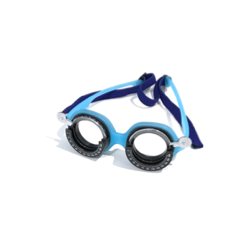
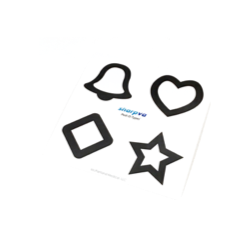
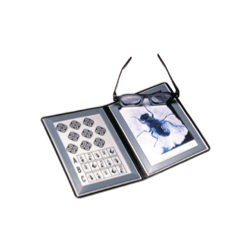
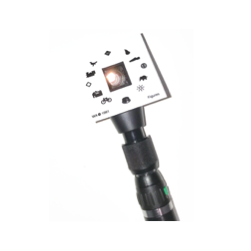
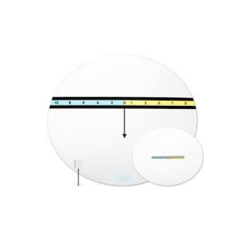
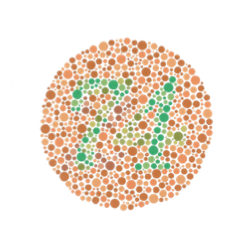
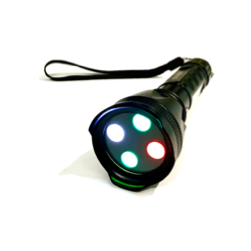
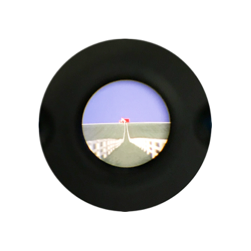
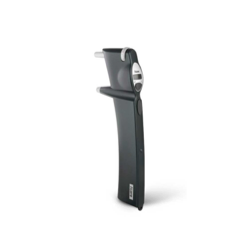

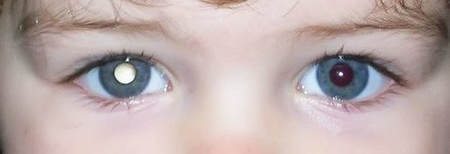
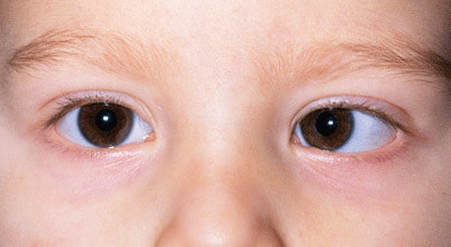
 RSS Feed
RSS Feed